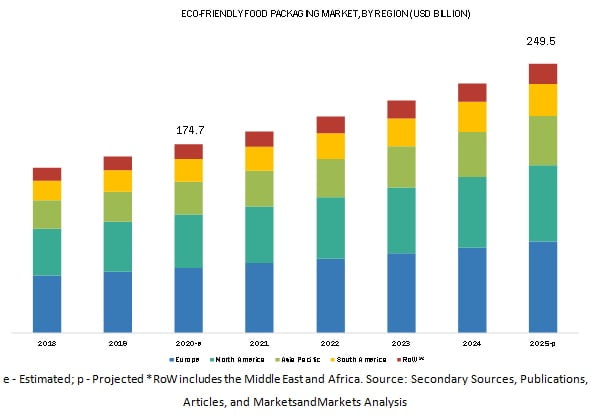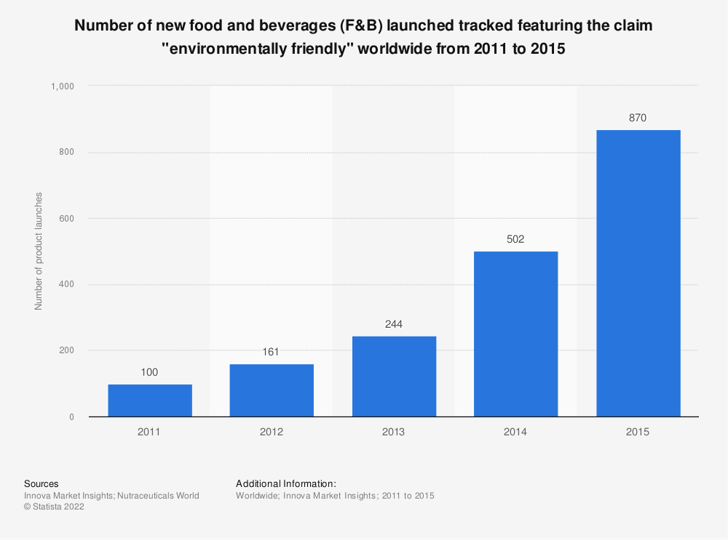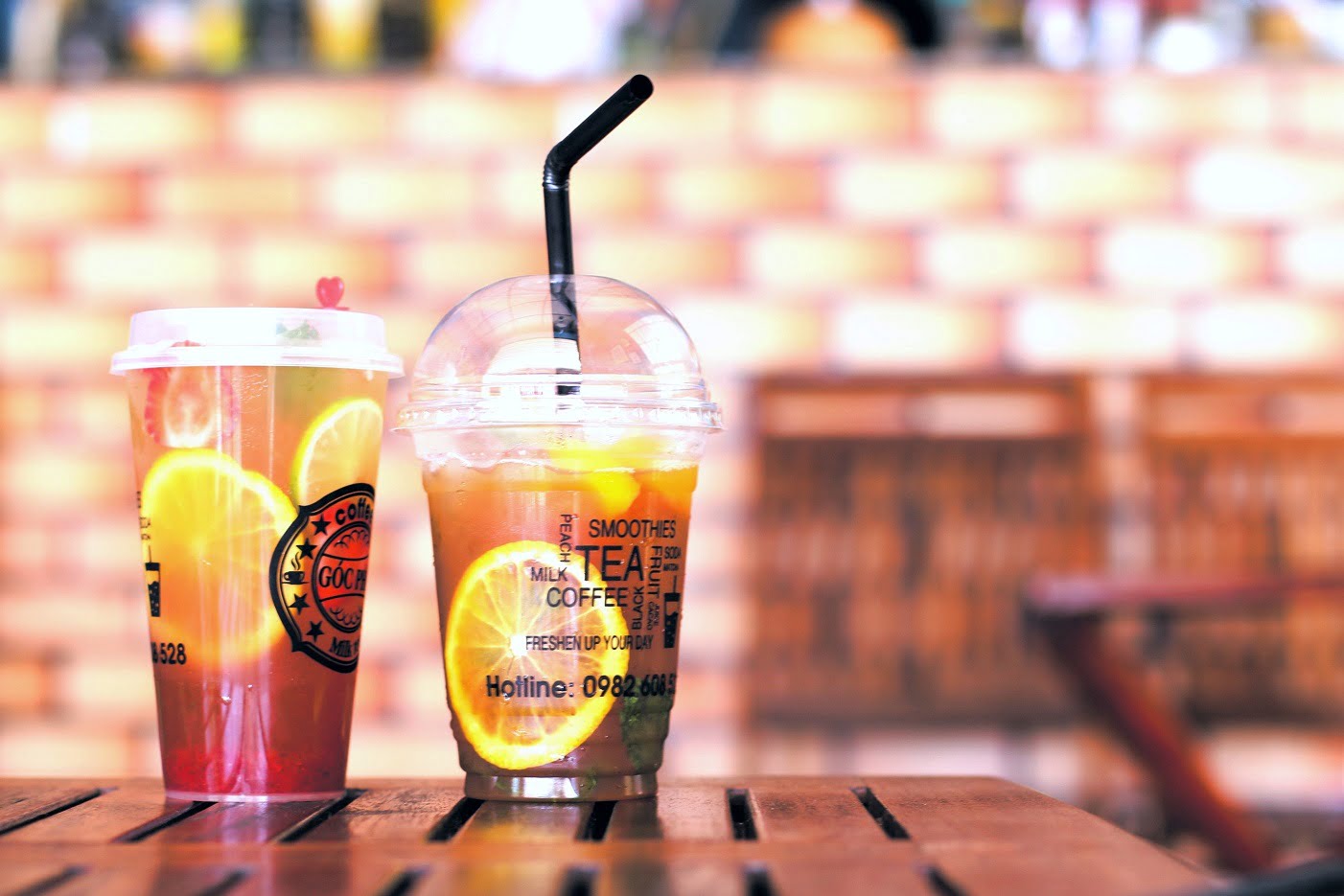The link between drinks and sustainability, Sustainable Beverages
It probably comes as no surprise to you to read that sustainability is omnipresent in our daily lives.
However, you may be surprised just how connected it truly is to our drinks.
Depending on what we consume on a daily and weekly basis, we can influence companies, their actions, and ultimately people and the planet. Thus, it’s worth taking a look at the beverage sector and inspecting how we may make more sustainable consumption choices.
Drinks and sustainability – How are they connected?
Just like all companies, beverage businesses also have both indirect and direct ways of impacting the world. Through their sourcing standards, production processes, packaging choices, distribution methods and waste management systems, companies consume resources, energy, water, among others.
With growing pressure from stakeholders such as consumers, legislators, shareholders and employees, companies face the need to adapt. In more detail, this development requires change from within.
Firstly, companies should focus on their own processes and operations and continuously strive for optimization. Despite this aspect being less visible to consumers, it often lowers the company’s costs which provides enough incentive.
New and old ideas
At the same time, many start-ups are being created which aim to have sustainability at their core business model: via innovative or traditional methods, they strive for positive changes in the industry. “Traditional” methods of sustainability refer to activities of reusing certain resources that are looked at as waste and finding ways to create something new and delicious out of them.
We need to move from the linear process of production and consumption to more circular patterns wherever we can. The food and beverage industry has great potential in that regard, by creating value out of byproducts from other processes.
Already by looking at the years 2018 to 2025 -projected-, we can see how the global number of packaging in the food and beverages industry which include the claim “eco-friendly” is increasing over time.

Source: MarketsandMarkets™
Even seven years ago, there was an increasing trend in food and beverages which aim to win over consumers by promising sustainability.

Source: Statista
Examples of businesses in that area include Lemonaid and ChariTea, based on the principle of organic ingredients and fair trade to drive social change. Additionally, every bottle that is purchased also supports the Lemonaid & ChariTea Foundation which is invested in social projects in the growing regions.
Another interesting example is the company share, which offers a diverse range of products, among them water, and the claim goes that with each purchase, a social project is supported. The additional transparency provided by the QR code on the product enables consumers to see in more detail how this is accomplished.
Lastly, the business Toast Ale uses surplus bread to replace barley in the brewing process and donates all profits to charity with the goal of fixing the food system.
What does the future hold?
Fact is, there is a new generation of eco-conscious drinks which are a response to both consumers’ demands for more socially and environmentally sustainable beverages, as well as entrepreneurs and businesspeople who want to drive change (while generating profits).
We can all be excited about these positive developments but must be mindful of the claims made – the more information we have, the better.
Greenwashing has become an increasingly tempting concept, making it easier for companies and individuals to relieve their conscience.
When deciding whether or not a product is actually sustainable, we can hardly ever be completely sure. Nevertheless, let’s try to consider the various dimensions as best as we can: Is the packaging sustainable? How about the raw materials? And what about their social impact, the working conditions? Are they certified? Do they take part in sustainability initiatives? How transparent is the company about their products and its impact?
These few questions can serve as a starting point for contemplating our purchasing choices, but it is not an exhaustive list by any means, there are a lot more aspects you can consider.
For more information, visit this article and discover how sustainability is measured in the juice value chain.
In the future, we can expect to see these trends of sustainable beverages accelerating, accompanied by established companies increasing their efforts to keep up with the eco-startups. One key element to keep in mind is that our purchases matter, and we can choose – within our financial constraints and time limits – where our money flows.
If you are interested in learning more about sustainability surrounding different areas, join us and become a member of the Komoneed community!
Also, let us know in the comments:
- Try to be as honest as possible – which factors influence your beverage purchasing decisions?
- Are there any businesses with sustainability claims that you support for that reason?
- What constitutes a “sustainable beverage” for you?
Sources
- In focus: How eco-conscious drinks brands are creating sustainable sips – The Drinks Business
- The primary focus of sustainability in beverage production: saving resources and energy – Drinktec.com
- Creating a sea change in beverage sustainability – beveragedaily.com
- New environmentally friendly F&B product launches globally 2015 – Statista
- Footprint-Drinks-Report-WEB-Version.pdf – foodservicefootprint.com
- about us – Lemonaid – lemon-aid.de
- Social Impact | Making a Difference for People – share.eu
- Impact Projects | Drinking Water – share.eu
- Our Mission | Planet-saving Craft Beer – Toast Ale
- Eco-friendly Food Packaging Market Growth Analysis – Size, Share, Industry Statistics & Forecasts to 2025 – MarketsandMarkets™





Tbh, one of my main focus points when buying drinks at the supermarket is price, but obviously also flavor. Health is also an increasing key point for me. Still, sustainability is more and more important too… Just hard to identify, so thank you for the article!
Thank you Janet! Perhaps, going one step further, we should think about making our own flavoured drink using tap water.
I love the true fruits smoothies, but I am hesitant now when it comes to buying them… Due to controversial ads, and their glass is probably not ideal for recycling either.
Thanks Ennie! Glass is always better than plastic… Don’t you think?
For me, a sustainable beverage is: organic ingedrients, recyclable (ideally recycled) packaging, and a company with a clear message.
Thanks Nathalie! Clear message and honest attitude
I never knew that drinks and sustainability could be so fascinating! Cant wait to see what the future holds! 🥤🌱
I never thought Id say this, but who knew drinks could save the planet? #SustainabilityGoals
Who knew drinks could be so eco-friendly? Cant wait to try these new age beverages!
who knew drinks could save the planet? Cheers to sustainability! 🌍🥤 #NewAgeBeverages